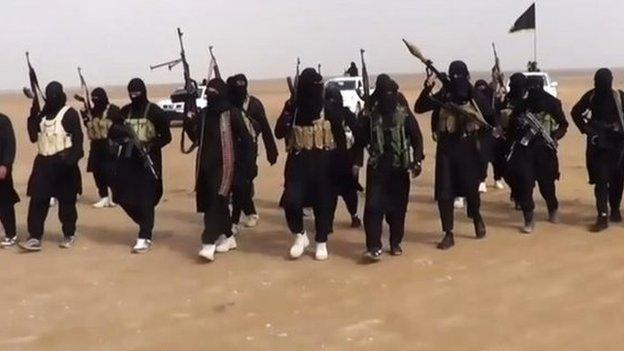Fears for Australian children after mother dies in Syria
- Published
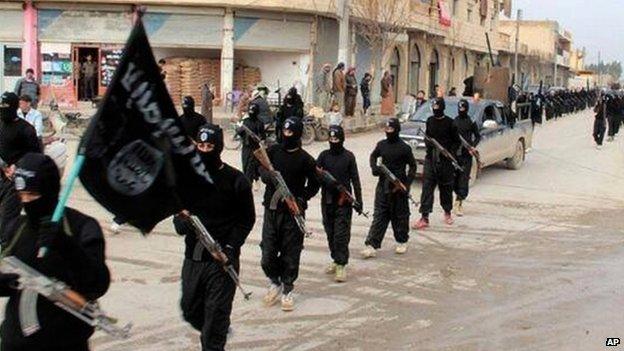
Tara Nettleton followed her husband Khaled Sharrouf to Syria after he joined the so-called Islamic State
The wife of notorious Australian Islamic State militant Khaled Sharrouf has died in Syria, her mother says.
Sharrouf left Sydney in 2013 to join the so-called Islamic State. His wife Tara Nettleton and their five young children followed.
Photos of their son holding a Syrian soldier's severed head made headlines after they were published last year.
Sharrouf is believed to have been killed in a drone strike in June 2015.
Ms Nettleton died in September after complications from surgery for pre-existing appendicitis, reports say.
According to the reports, Tara Nettleton's mother Karen was only recently informed.
Karen Nettleton's lawyer said she was desperate to get her five grandchildren and one great-grandchild out of Syria, and was pleading for the Australian Government to help bring them home.
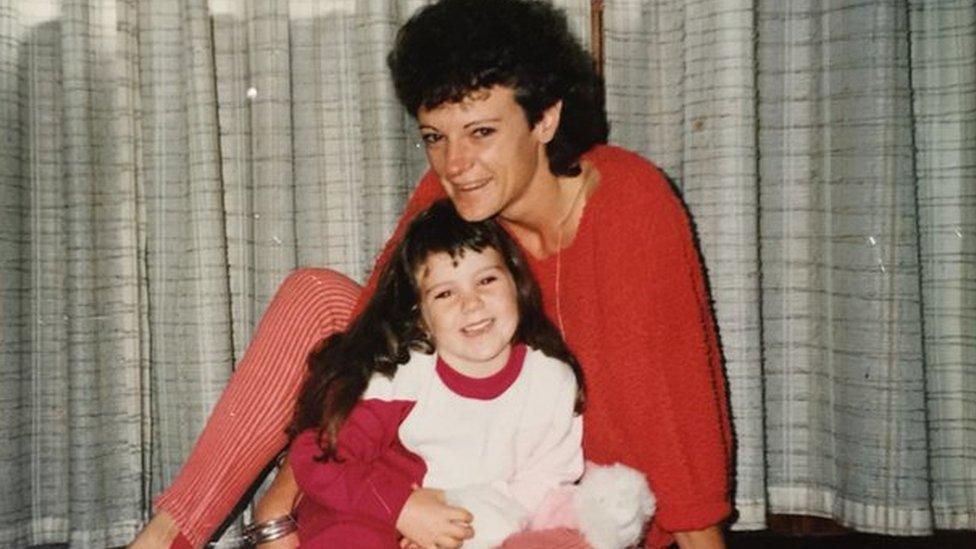
Sharrouf's mother-in-law Karen (top) says her daughter Tara wanted to come back to Australia
"On my own behalf and on her behalf, I request [they] do everything that they possibly can to get those children away from danger and to get them out and bring them home," her lawyer Charles Waterstreet told the Australian Broadcasting Corp., external
"Tara was a very young girl when she married, [and] now the grandchildren and a young baby are left without anyone to look after them."
Sharrouf's teenage daughter, 14, married his friend Mohamed Elomar, also reportedly killed. She is now believed to be the mother of a baby girl.
Speaking to Australian media on Thursday, Immigration Minister Peter Dutton described the case as "a very complicated mess".
"Ultimately the government's clear objective is to keep the Australian public safe, and we'd have to look at the individual circumstances to see what kids may have been through, what they've been exposed to, whether or not later in life they'd pose a threat," he said.
- Published4 December 2015
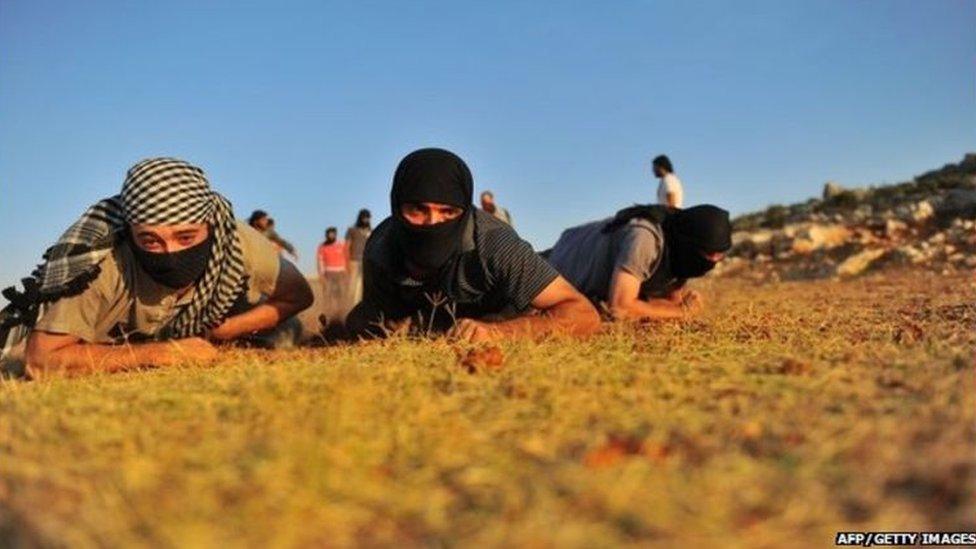
- Published29 June 2015
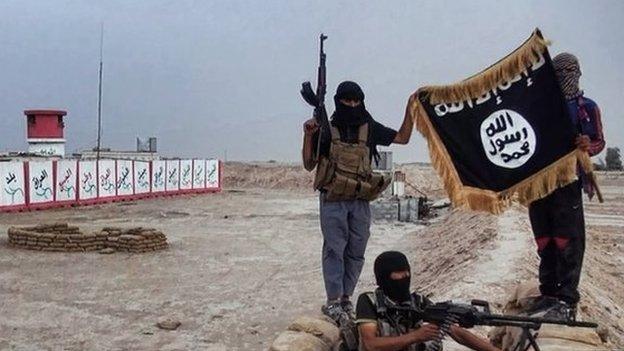
- Published26 June 2015
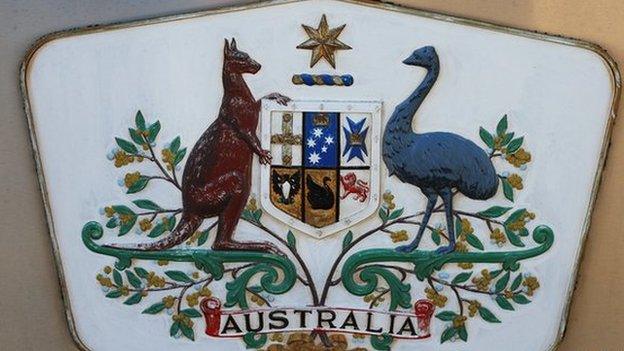
- Published24 June 2015
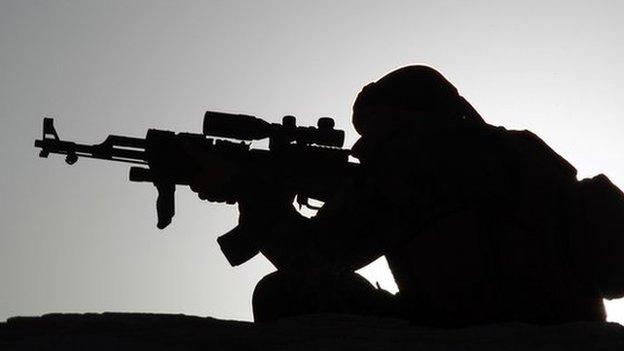
- Published1 June 2015
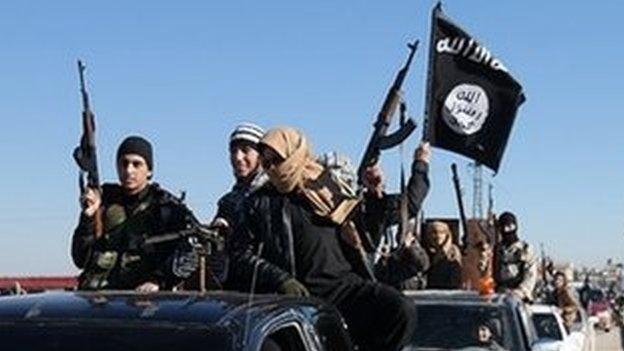
- Published27 May 2015
